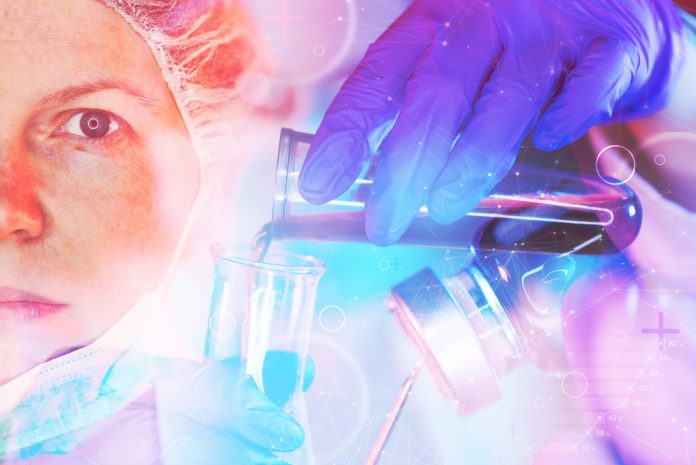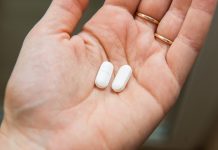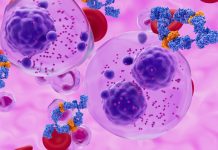Aida Batista, Vice President of the European Association of Hospital Pharmacists (EAHP), explores if we can live without pharmacology, including comment on the use of opioid and sedative drugs
Pharmacology is an area of pharmaceutical and medical sciences which studies how the chemicals interact with biological systems. As an independent science, it was born in the middle of the 19th century, and it is linked with the knowledge of drugs and medicinal products encompassing composition, properties, interactions, toxicology and desirable effects that can be used to treat diseases. It is easy to understand that as there is a need of knowledge on the way chemicals interact with an organism, the reverse is also important, that means to know how the organism interacts with the chemicals. So, pharmacodynamics studies how medicines interact with the biological receptor, and pharmacokinetics investigate the way of absorption, distribution, metabolism, and excretion of the drug by the living organism.
Understanding pharmacokinetics
To understand what pharmacokinetics means, a short description of each of the processes follows. To the four items mentioned it is also necessary to add the liberation of the chemical, as for solid forms, to know how the active ingredient (the one with pharmacological activity) can be disintegrated, dispersed, or dissolved. Before reaching the bloodstream, the drug must pass through some barrier (absorption) given by the administration route, which can be cutaneous, subcutaneous, respiratory, oral, rectal, muscular, among others. There is no absorption when the product is administered by intravenous injection. Once in the bloodstream, the chemical, due to its characteristics of size and molecular weight, electrical charge, pH, solubility, ability to bind to proteins, is distributed among the different body compartments. Metabolism is the transformation of the product in the body. This transformation can consist of degradation or synthesis of new substances as part of a new molecule. The result of the metabolism can be complete or partial inactivation of the medicines’ effects, or it can be an activation of the chemical, there may also be changes in the pharmacological effects depending on the metabolised substance. Some factors alter the speed of the metabolism, such as enzyme inhibition or induction, pharmacological tolerance, age, pathologies, differences in age, sex, ethnicity, and the use of other chemicals concomitantly. Finally, the chemicals and or its metabolites are eliminated from the organism through some excretory organ. The main ones are kidneys and liver, but the skin, salivary and lacrimal glands are also important, excretion in the faeces can also occur.
A drug to act in the body will need to bind to a specific receptor, with some exceptions, examples of which are osmotic laxatives, antacids, and heavy metal chelating agents. To know more about the medicines pharmacodynamic the physiological effects of drugs on living organisms, their mechanisms of action and the relationship between drug concentration and desired and undesired effects need to be studied. This field is more complex and involves interaction with enzymes, structural and carrier proteins, ion channels, receptors, ligands, regulation, or rupture of the cell membrane of a parasite, as desired effects. On the side of undesired effects, it can be named the chemical addition, the potential increase of cell mutation, physiological damage, iatrogenesis (drug-induced illness), interactions, hypersensitivity reactions and others.
With this knowledge, it is possible to define whether a medication can be taken on an empty stomach or with food, which products we can and cannot take with the drugs. It is also known that there are products that are not suitable for special populations such as paediatrics and the elderly since the distribution and metabolism at these ages may be altered. Also, pregnant women and breastfeeding mothers cannot take certain medications, because they cross the placental barrier, which may create malformations in the foetus, or pass to the mammary glands and consequently to their children, with potential side effects on them, which can be serious.
The above description is important to understand that pharmacology is present in daily life if we take any chemicals that can affect our biological system. This is true for the intake of medicines destigated to treat a health issue or if we take “natural” chemicals during the day. The most common of them are coffee, tea, infusions, but we can also name drugs for recreational use.
The use of opioid and sedative drugs
Another example is the well-known crisis in the use of opioid and sedative drugs, mainly in the U.S. Some cases of people who had addictive behaviours were described, and one of many of the causes pointed out was the general prescription of opioid analgesics by some dentists. These painkillers are pharmacologically enhancers of addictive behaviours. Fortunately, the change in protocols is trying to end these prescription habits.
Scientific knowledge in pharmacology
The scientific knowledge in pharmacology is of extreme importance on research and development of new medicines. Knowing the physiopathology, the receptors and the way the chemicals will interact with the organism, it will be a way of designing drugs, using computational sciences, which fit the theory and develop the ones that hypothetically could have the pharmaceutical and desired effects. It is well known that a medicine can take up to 10 years to reach the market.
To protect patients and consumers, the drugs can only be launched in the market when the Regulatory Agencies approve them. The most known agencies are in Europe, the EMA – European Medicines Agency, with the National regulatory agencies network, and in the U.S., the FDA – Food and Drug Administration. They vouch for the safe use of medicines.











